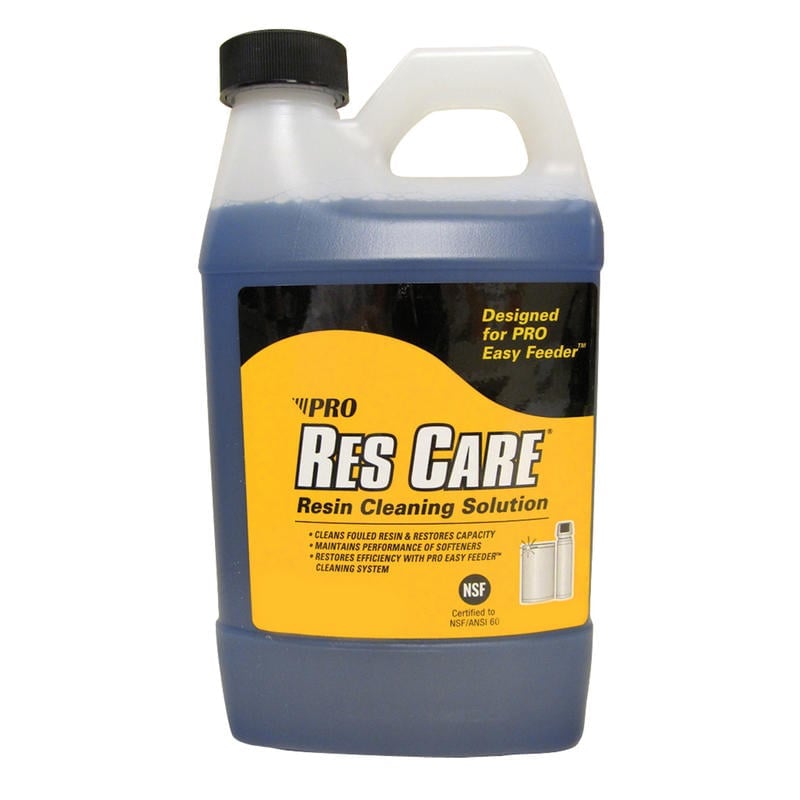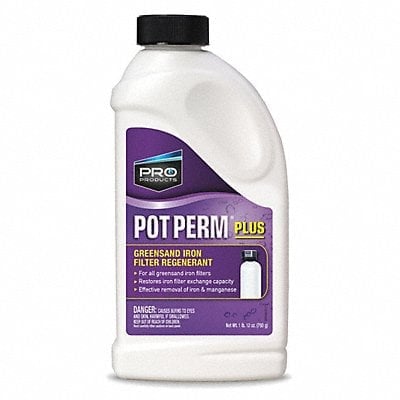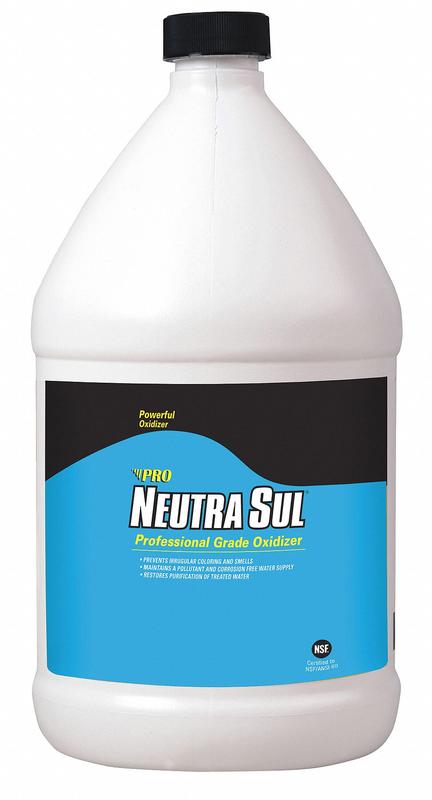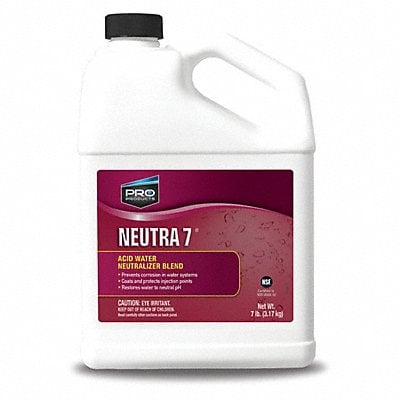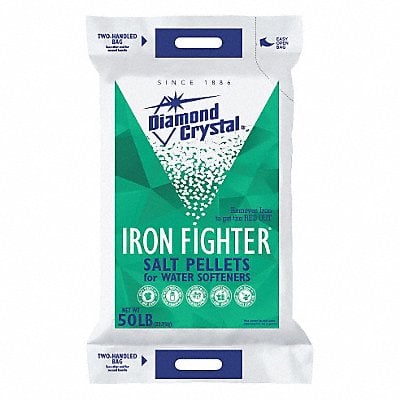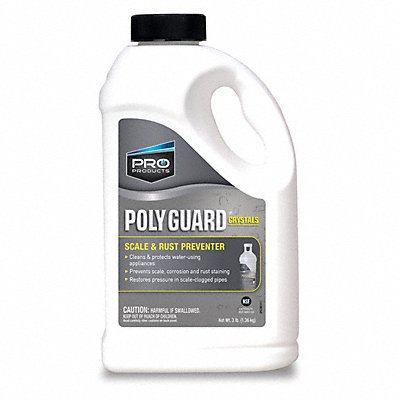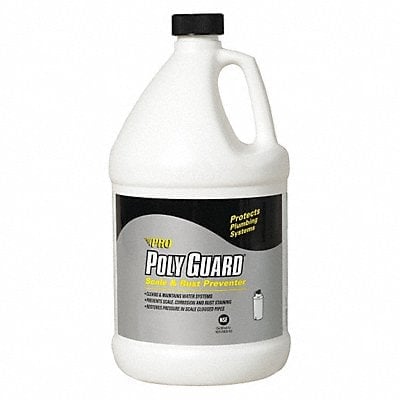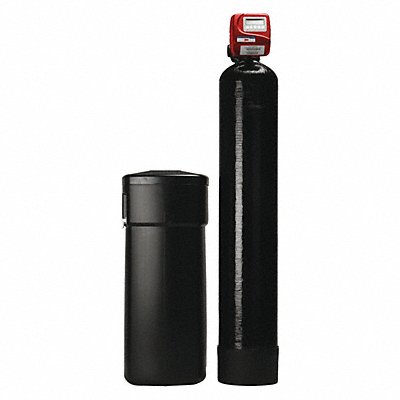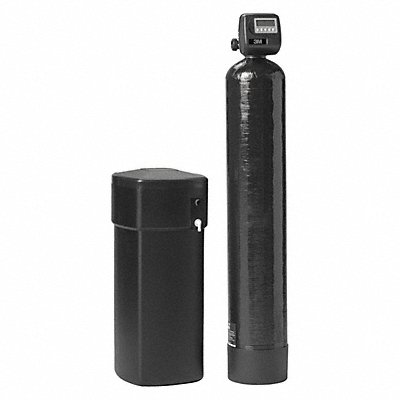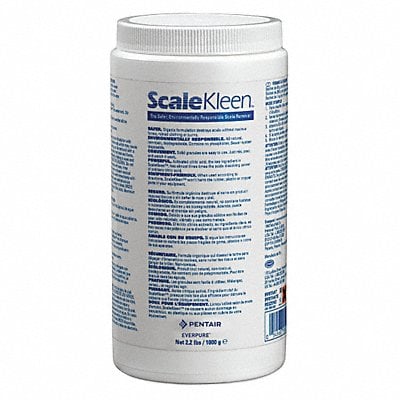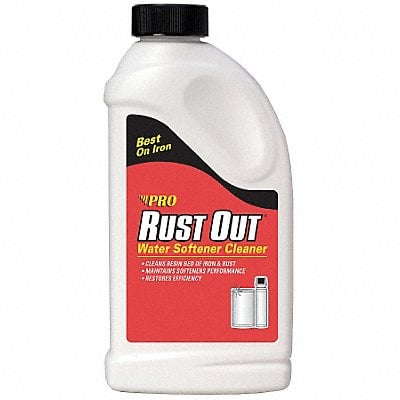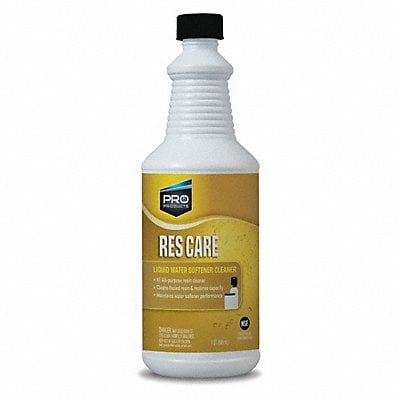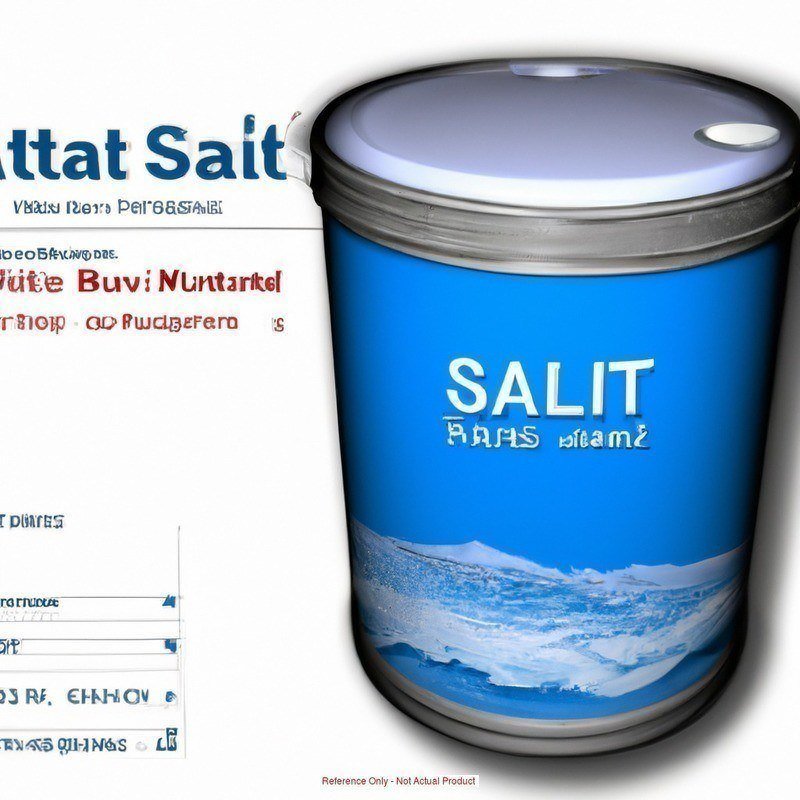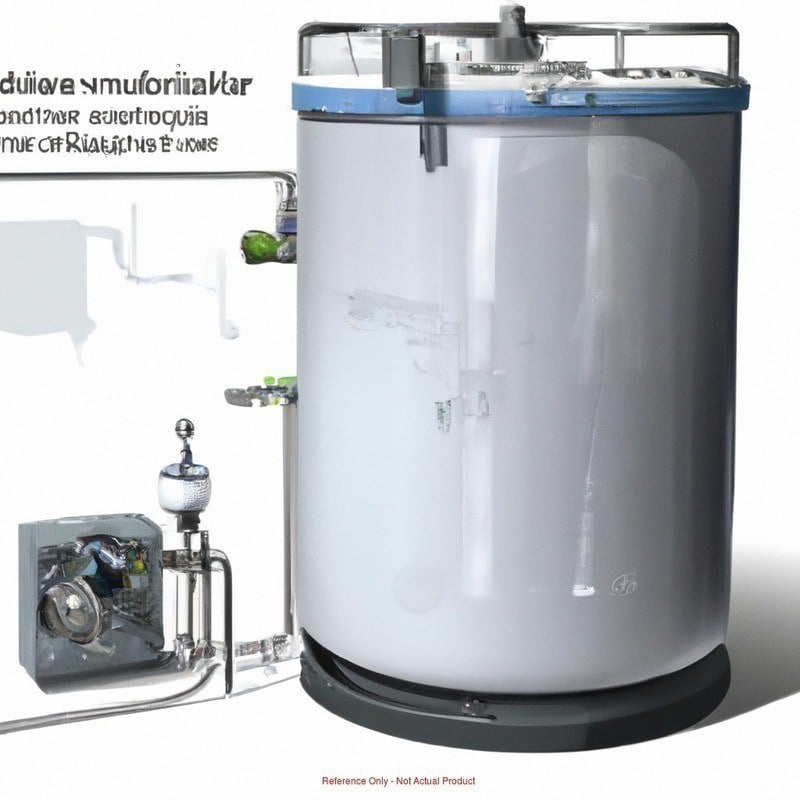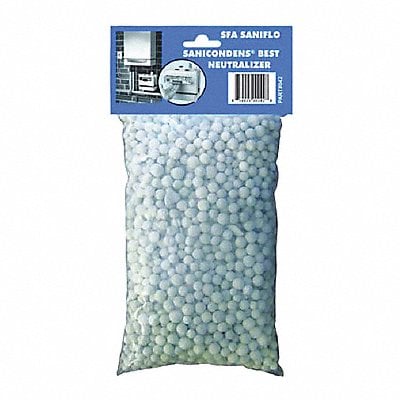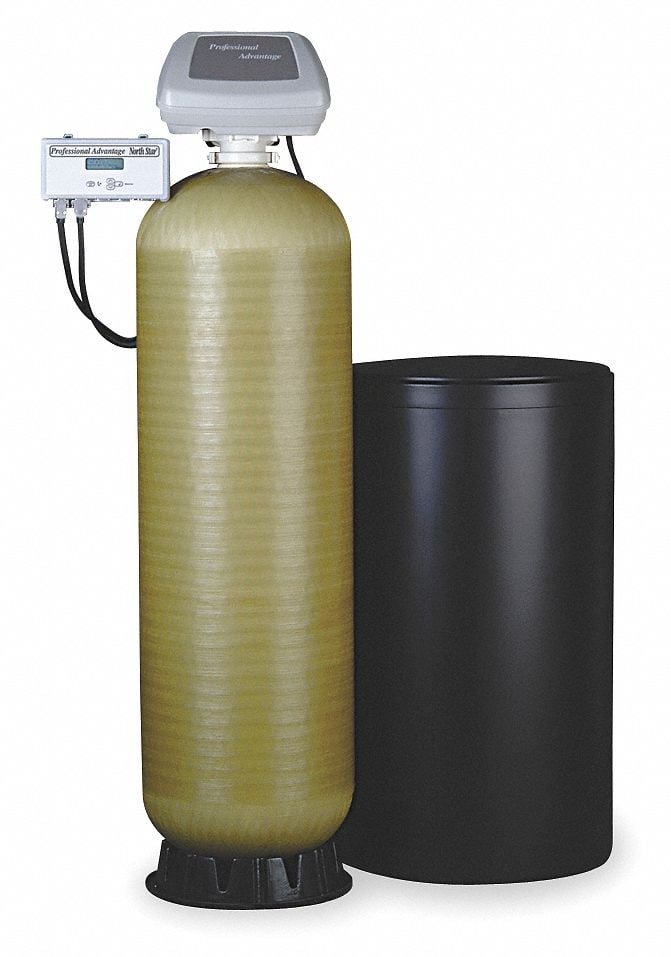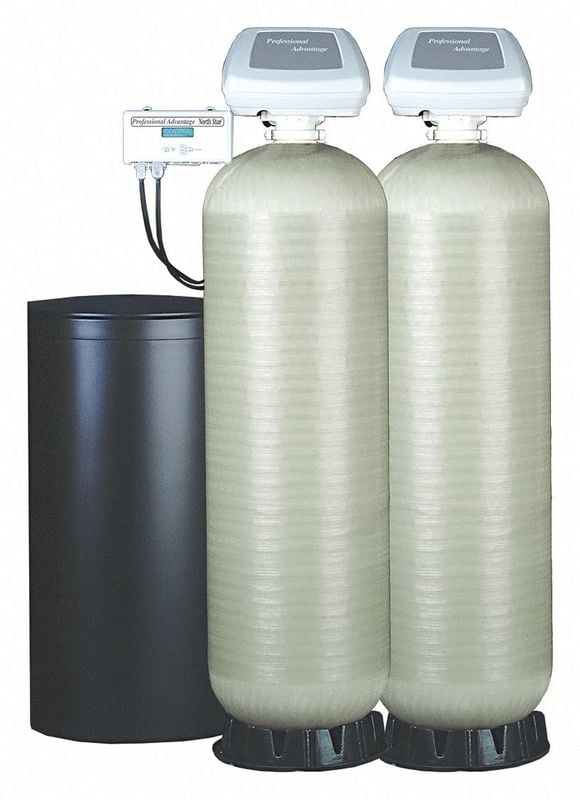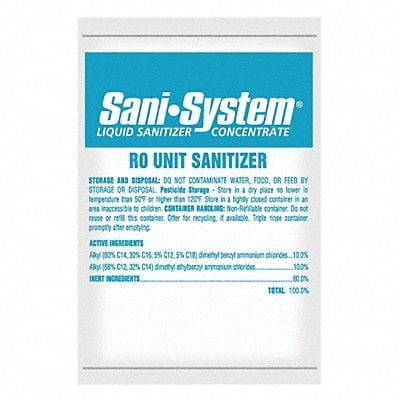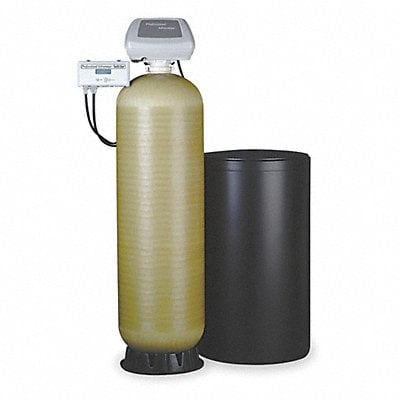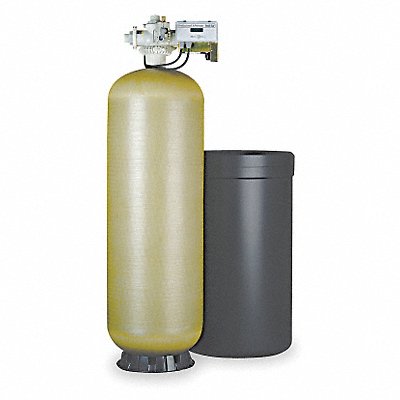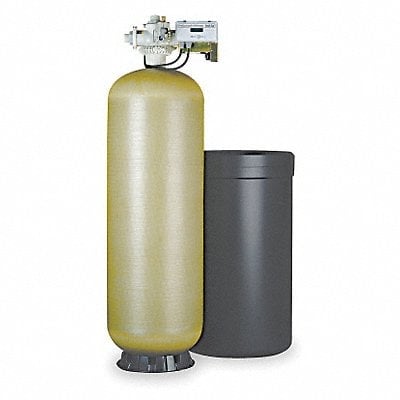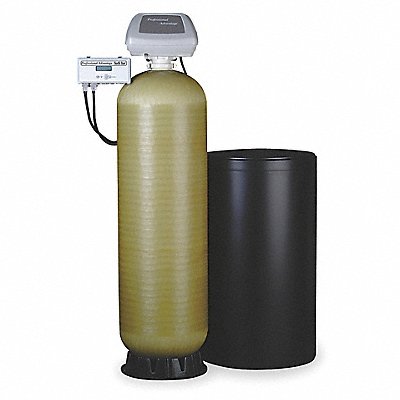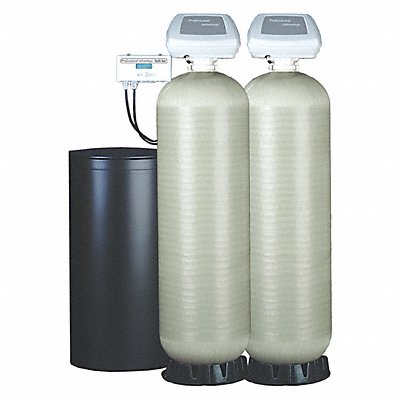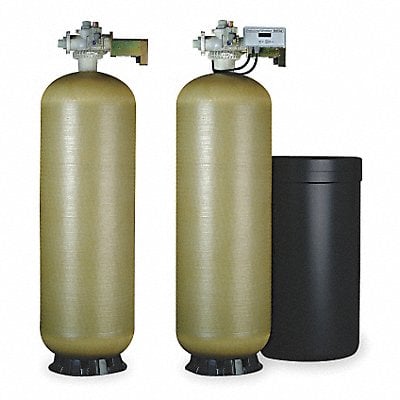Choosing the Right Water Softener: Your Ultimate Guide
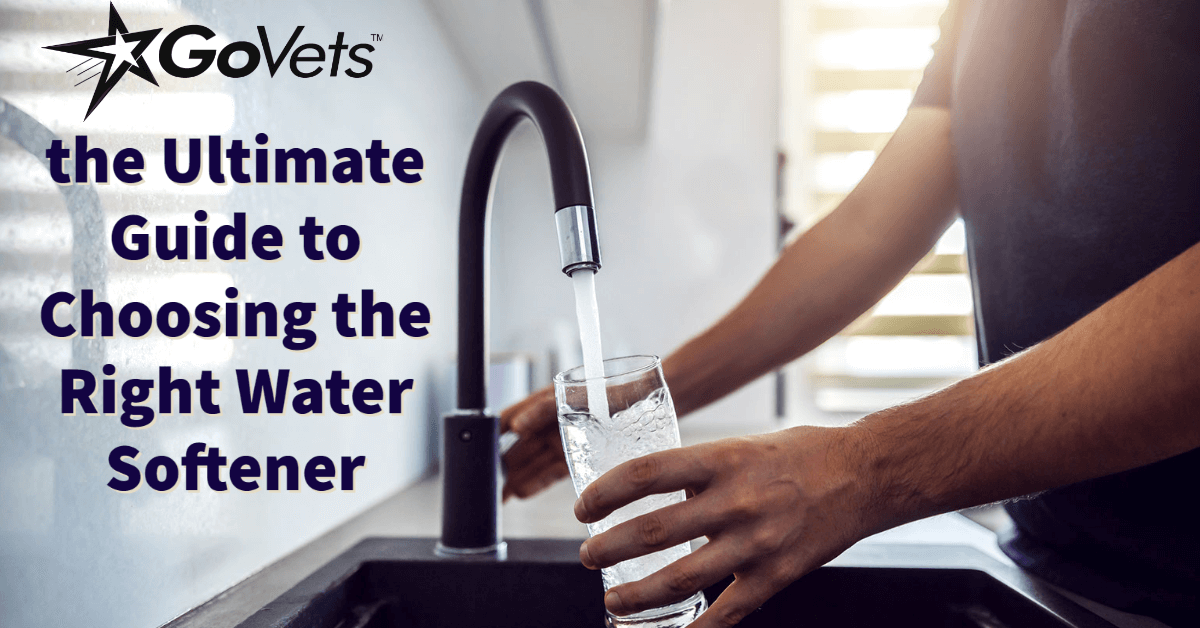
Introduction:
If you've been dealing with the frustrating consequences of hard water, such as limescale buildup, soap scum, and clogged plumbing fixtures, it's time to consider investing in a water softener. Water softeners are designed to remove minerals like calcium and magnesium from your water supply, resulting in softer and more manageable water. In this comprehensive guide, we'll explore the top criteria to consider when choosing a water softener, the leading brands in the market, the best online stores to make your purchase, reasons for replacing water softeners, essential maintenance tips, the different types of water softeners available, ideal installation locations, and final thoughts to help you make an informed decision.
Top 10 Criteria to Choose a Water Softener:
- Water Hardness: Determine the level of hardness in your water supply by conducting a water test. This will help you choose a water softener with the appropriate capacity.
- Water Usage: Evaluate your household or building's water consumption to select a water softener that can handle your peak demand.
- Space Availability: Consider the available space for installation, especially if you're opting for a one-tank or two-tank system.
- Regeneration Cycle: Understand the regeneration cycle duration and frequency to ensure it aligns with your specific needs.
- Grain Capacity: Choose a water softener with a suitable grain capacity to accommodate the hardness of your water and minimize the frequency of regeneration.
- Flow Rate: Determine the flow rate required to meet your household or building's water demand during peak usage.
- Water Efficiency: Opt for a water softener that minimizes water usage during the regeneration process to reduce wastage and utility costs.
- Salt Type: Decide whether you prefer traditional salt or potassium chloride as a sodium-free alternative.
- Certification: Look for water softeners that are certified by reputable organizations like the Water Quality Association (WQA) to ensure their performance and reliability.
- Warranty and Customer Support: Check the warranty coverage and available customer support options provided by the manufacturer to safeguard your investment.
Top Brands that Build Water Softeners:
- Fleck: Known for their high-quality and reliable water softeners, Fleck offers a range of models suitable for residential and commercial applications.
- Culligan: A well-established brand in the water treatment industry, Culligan provides innovative and efficient water softeners backed by their extensive expertise.
- GE Appliances: Offering a wide selection of home appliances, GE Appliances also manufactures water softeners that combine advanced technology with user-friendly features.
- A.O. Smith: With a reputation for excellence, A.O. Smith delivers durable and efficient water softeners designed to meet various water treatment needs.
- Whirlpool: Whirlpool is a trusted name in the appliance industry, and their water softeners are known for their durability, performance, and user-friendly interfaces.
Top Online Stores to Purchase Water Softeners:
- Amazon: The world's largest online marketplace, Amazon offers an extensive selection of water softeners from different brands, along with customer reviews and ratings.
- Home Depot: A popular home improvement retailer, Home Depot provides a wide range of water softeners both in-store and online, with knowledgeable staff to assist you.
- Lowe's: Similar to Home Depot, Lowe's offers a diverse range of water softeners, providing options for various budgets and requirements.
- GoVets.com: A reliable source for industrial and commercial supplies, GoVets offers a selection of high-quality water softeners suitable for businesses and larger installations.
- US Water Systems: Specializing in water treatment solutions, US Water Systems offers a comprehensive range of water softeners, along with expert advice and support.
Top Reasons Water Softeners Need to Be Replaced:
- Age and Wear: Over time, water softeners can experience wear and tear, leading to decreased performance and efficiency.
- Resin Bead Degradation: The resin beads inside the water softener can deteriorate or become fouled, affecting the softening process.
- Salt Bridges: Salt bridges occur when salt forms a solid layer above the water, preventing proper regeneration and reducing the softener's effectiveness.
- Control Valve Failure: The control valve is a crucial component that can malfunction over time, resulting in inaccurate regeneration cycles or complete system failure.
- Inadequate Maintenance: Neglecting regular maintenance, such as cleaning the resin tank and replenishing salt, can lead to the deterioration of the water softener.
- Changes in Water Demand: If your water consumption patterns change significantly, your current water softener may no longer meet your needs.
Helpful Maintenance Tips to Extend Water Softener Lifespan:
- Regular Salt Refilling: Keep an eye on salt levels and replenish them as needed to ensure consistent performance.
- Cleaning the Brine Tank: Periodically clean the brine tank to remove any accumulated sediment or salt bridges that may affect regeneration.
- Cleaning the Resin Tank: Clean the resin tank annually to remove any debris or iron buildup that can reduce the softener's efficiency.
- Inspect and Replace O-Rings: Check the O-rings and seals regularly for signs of wear and replace them if necessary to prevent leaks.
- Follow Manufacturer's Instructions: Adhere to the manufacturer's guidelines regarding maintenance tasks, regeneration cycles, and overall care for optimal performance.
All the Different Types of Water Softeners Available:
- Ion Exchange Water Softeners: The most common type, ion exchange softeners use resin beads to remove calcium and magnesium ions from the water.
- Salt-Free Water Conditioners: These systems do not remove minerals but alter their structure, preventing scale buildup while leaving the beneficial minerals in the water.
- Dual-Tank Water Softeners: Designed for high-demand applications, dual-tank systems ensure a continuous supply of softened water by utilizing two resin tanks.
- Magnetic Water Softeners: These devices use magnets to alter the structure of minerals, reducing scale buildup. However, their effectiveness is often debated.
- Reverse Osmosis Systems: While primarily used for water purification, reverse osmosis systems can also remove some minerals, resulting in slightly softened water.
Best Locations to Install Water Softeners:
- Main Water Line: Installing the water softener at the point of entry (POE) ensures that all water in the building is softened, protecting both plumbing and appliances.
- Utility Room: A dedicated utility room or basement can provide an ideal location for the water softener, offering easy access for maintenance and salt replenishment.
- Garage: If space permits, the garage can be a suitable location for the water softener, especially in homes where utility rooms are unavailable.
- Crawl Space: In some instances, the crawl space beneath the house can be utilized for water softener installation, ensuring it remains protected and out of sight.
- Outdoor Enclosure: For commercial or industrial settings, installing the water softener in an outdoor enclosure may be necessary due to space constraints.
Final Thoughts:
Investing in a water softener is a wise decision to alleviate the issues caused by hard water. By considering the top criteria, reputable brands, and reliable online stores, you can make an informed choice. Remember to evaluate your water usage, determine the appropriate size and type of water softener, and perform regular maintenance to extend its lifespan. Understanding the different types of water softeners available and selecting the ideal installation location will further contribute to maximizing the benefits of softened water. With a high-performing water softener, you can bid farewell to the troubles of hard water and enjoy the advantages of clean, soft water throughout your home or building.
Product Recommendations:


